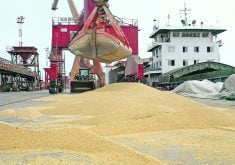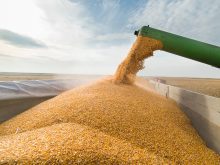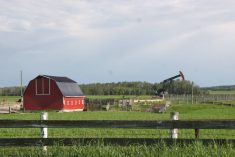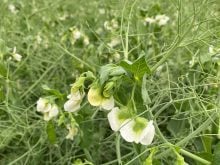ILE DES CHENES, Man. – Not many farmers would expand a dairy operation in the middle of a commuter zone near a major city.
But Albert Nyhof managed to get his 80 neighbours to go along with his 1999 herd expansion, even though it would mean he’d be producing lots more manure and be using more land to spread it.
Now he’s filling an 850,000 gallon tank with slurry twice a year, spreading the liquid manure on land that runs beside office workers’ pieces of country heaven, and staying friends with all.
Read Also
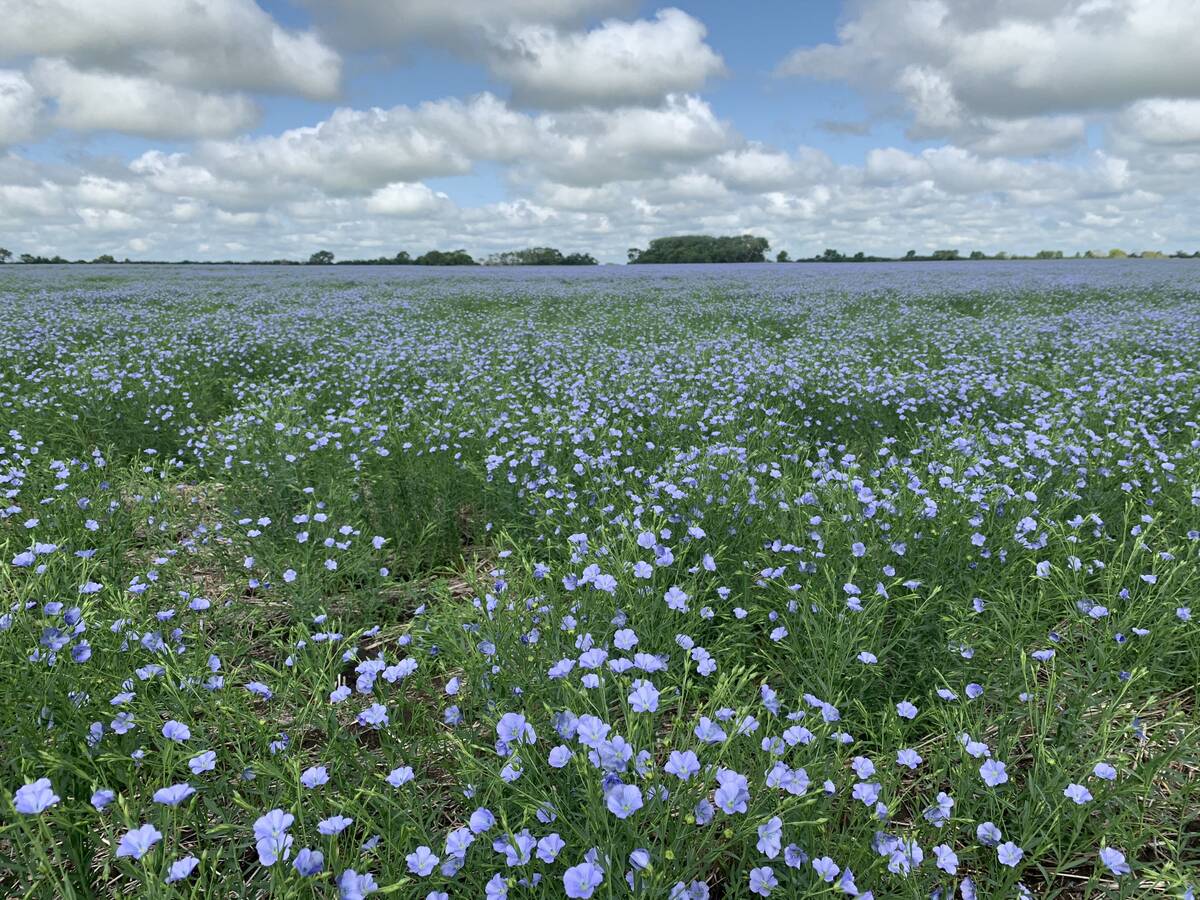
Flax sector sees omega-3 opportunity
SASKATOON — A global shortage of omega-3 oils could be an opportunity for the flax sector, says an industry official….
It’s an achievement that might come from his family’s experience of living in another country where farmers can’t get away from neighbours. Here in Canada, although neighbours are fewer, Nyhof still respects their rights.
“The neighbours are very good to us,” said Nyhof, who immigrated to Canada from the Netherlands in the early 1990s.
The Nyhof family, which consists of Albert, his wife and his sons John and Henry, left Europe for Canada because they wanted to keep farming, but couldn’t see how to do it in Holland. The tiny nation has 17 million citizens and growing cities, which means that every year farmland is being squeezed. Staying on the land is difficult. Expanding is nearly impossible.
“We wanted to give our sons a chance to farm, so we thought it was better over here,” said Nyhof on a warm summer day. Behind him, in the barns, were his dairy cows, and behind them literally hundreds of thousands of gallons of slurry. But it smelled no worse than a small barn with a few cows.
The secret appears to be the slurry tank, which is sealed on all sides, and an automatic cleaning system that prevents manure from accumulating in the barn.
There’s no manure lagoon outside to offend neighbours.
The only time the smell gets bad, Albert said, is when the tank is emptied and the manure incorporated into his fields. He does this two-day process twice a year.
Albert said his tank-based system is more expensive than a lagoon, but it allows manure to be handled more efficiently and radically reduces manure odours.
He thinks more farms will try the system because sometime non-farmers will demand an end to open lagoons, as they have already done in many parts of Europe.
When the Nyhofs decided to expand their dairy, they first approached their local municipal council.
The council suggested they inform their neighbours of their plans.
The family tried to personally visit every one of their 80 neighbors. They managed to meet about 70.
They explained what they wanted to do. They told their neighbours how the manure would be handled. They told them they wanted to know if there were any problems. And they promised to delay manure spreading if any neighbour found it particularly bad one day.
Only one of their neighbours raised objections, and after scrutinizing the proposed expansion, he OK’d it too.
Albert likes showing people, especially non-farmers, around his operation. He often lets school tours come through and throws open the door to other groups such as delegates to a manure conference being held in Winnipeg.
“It is important to show what you are proud of,” said Albert.





